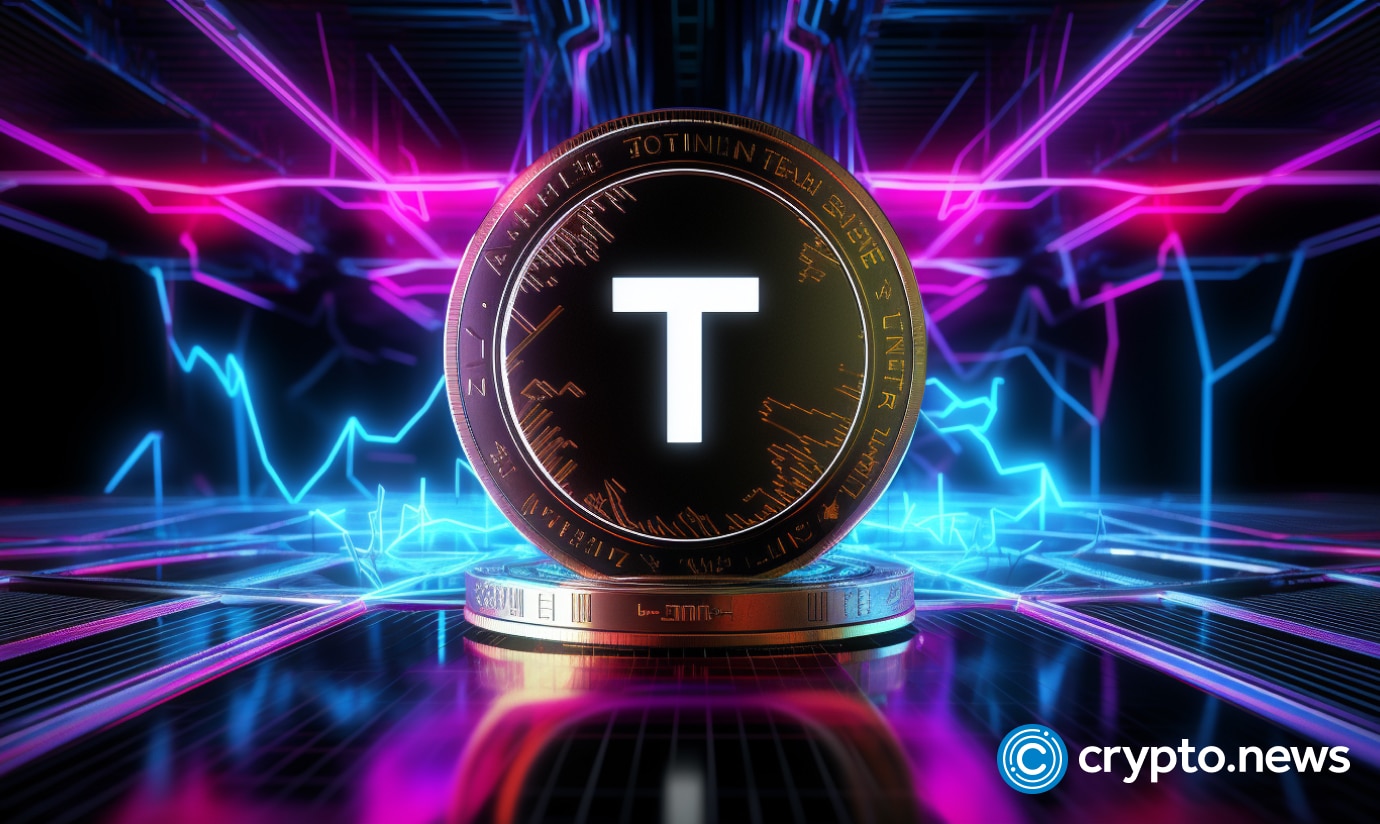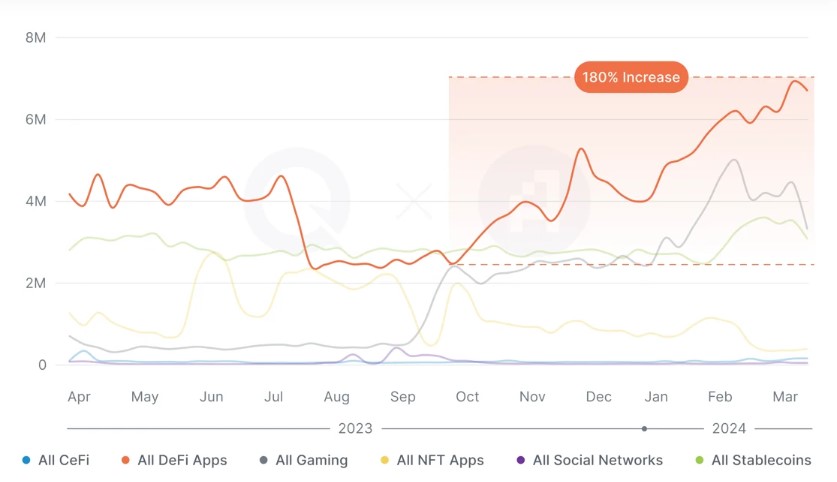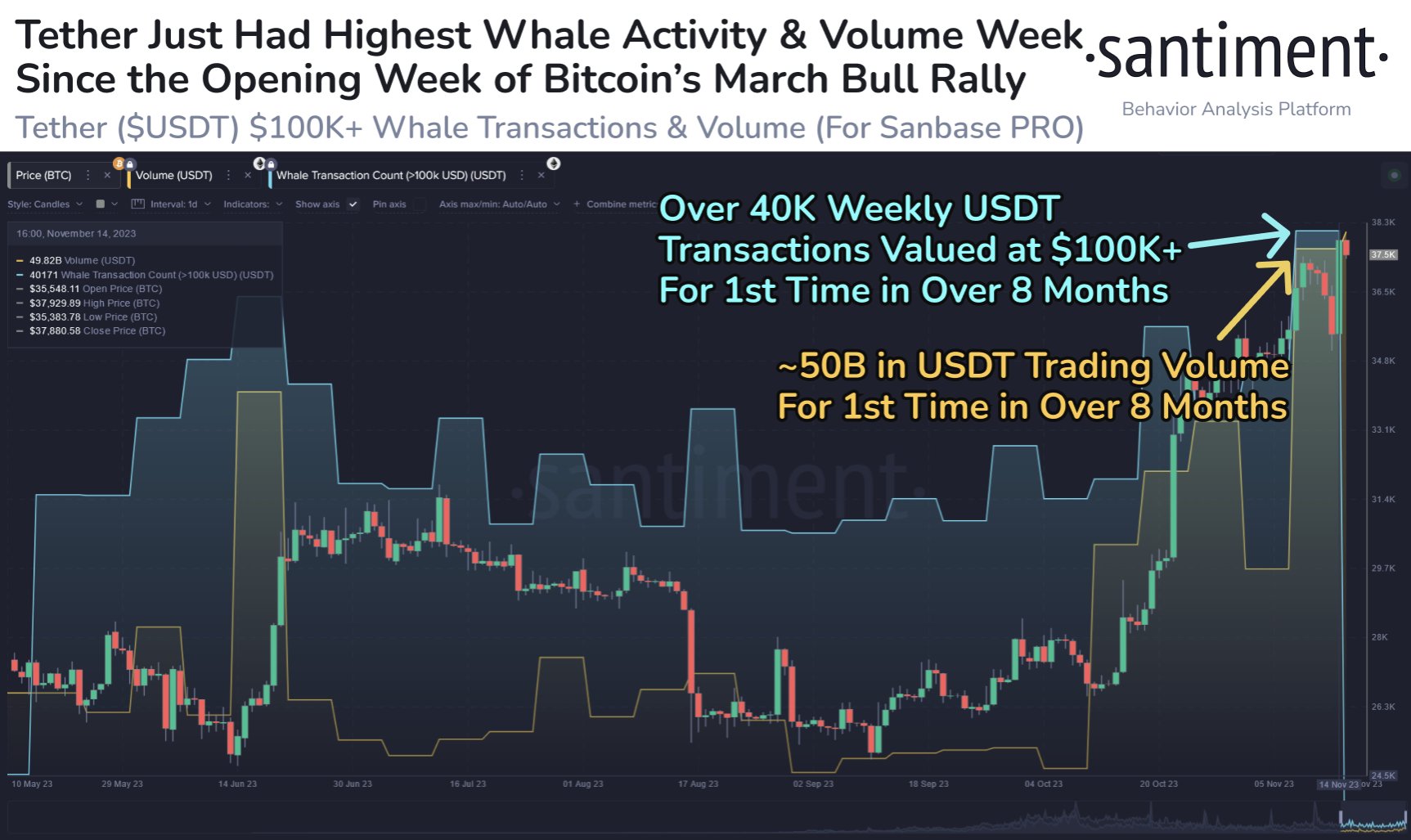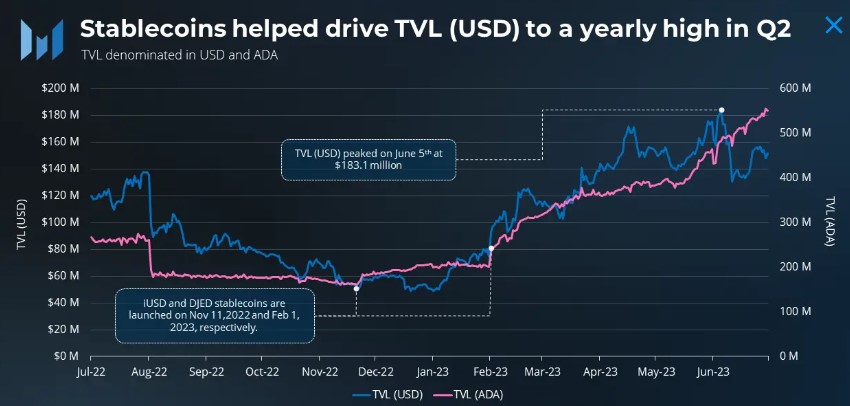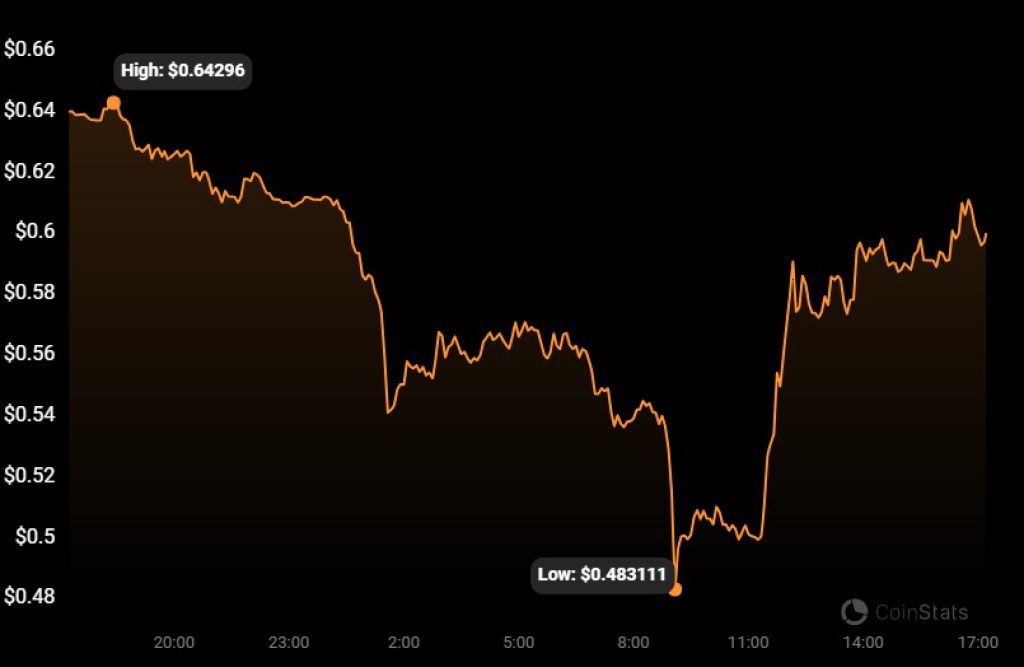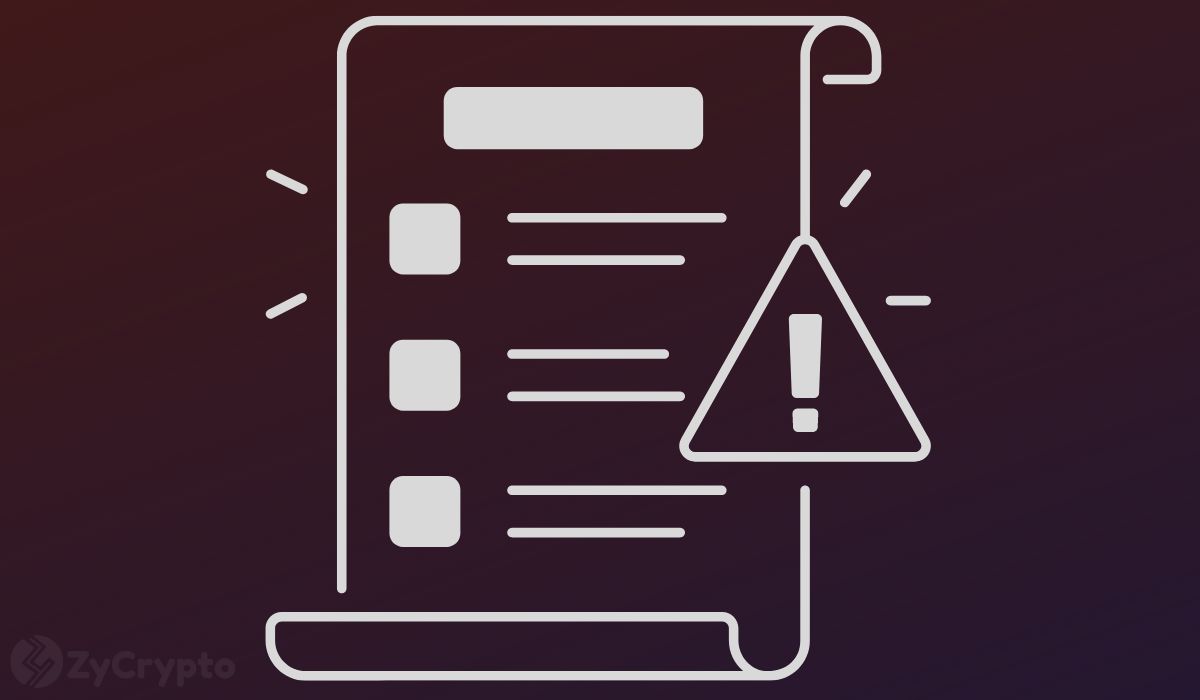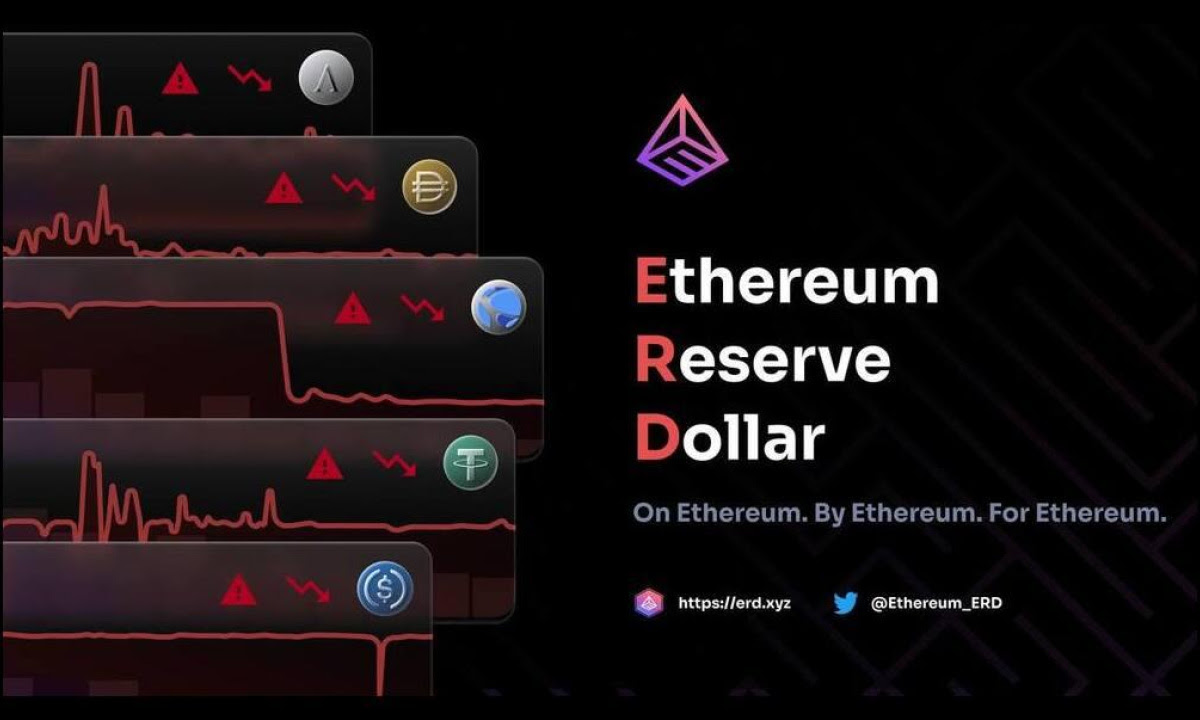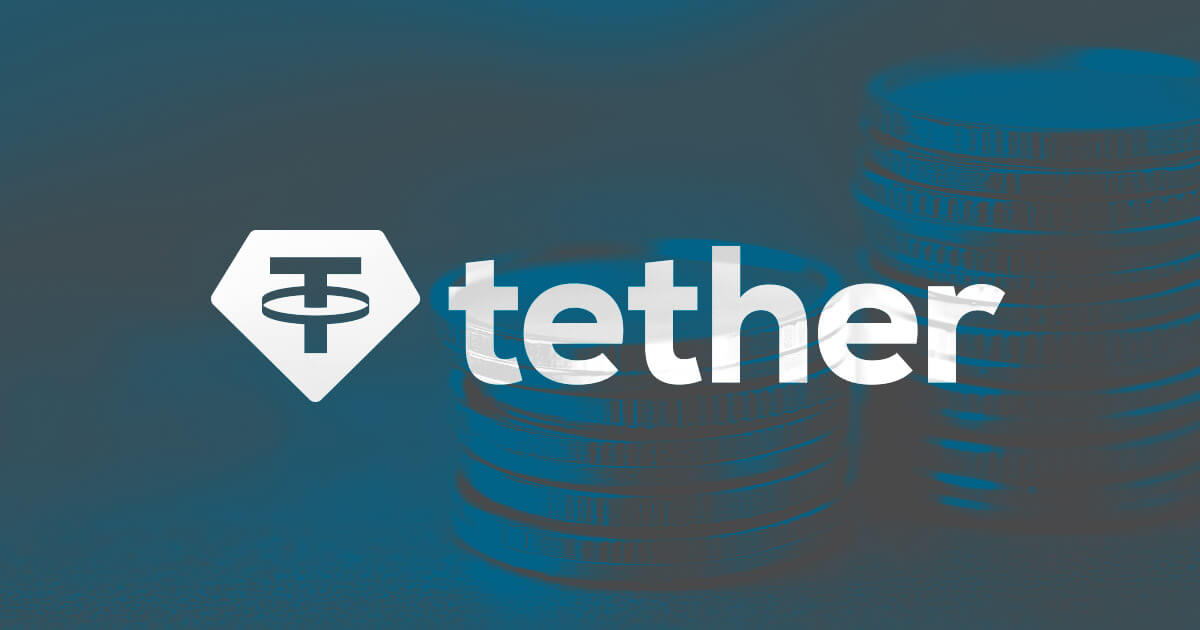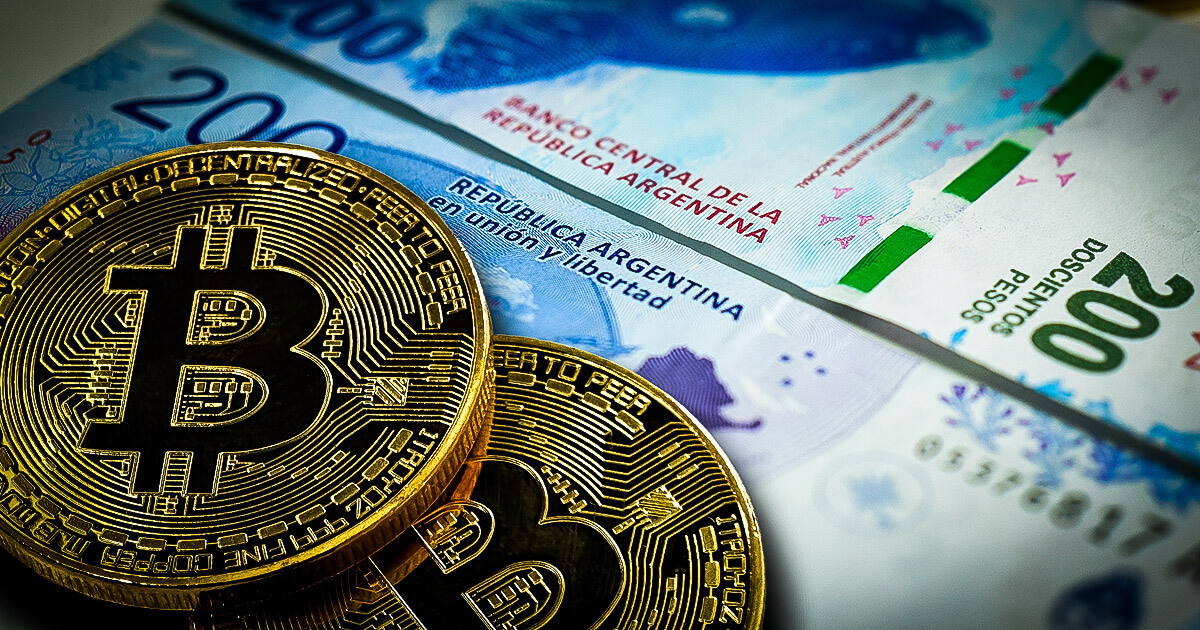
2024-10-8 19:47 |
South Korea’s government has outlined plans to impose foreign exchange regulations on cross-border stablecoin transactions, addressing the rising use of these digital currencies in international trade, local media reported on Oct. 8.
The move comes in response to the increasing role of stablecoins, particularly those pegged to the US dollar, in trade activities outside traditional regulatory frameworks.
Regulating stablecoinsThe Ministry of Economy and Finance revealed its intent to stabilize the growing number of cross-border crypto transactions involving stablecoins.
Authorities aim to mitigate risks that could arise from their expanding function as a payment tool beyond the virtual asset ecosystem, where they have primarily been used as a medium of exchange.
The Financial Services Commission (FSC) announced that stablecoin regulation would be a focus during the second phase of the Virtual Asset User Protection Act. This phase will take into account regulations from other regions, such as the European Union (EU) and Japan, which have already implemented stablecoin laws.
Stablecoins have gained significant influence in global financial markets. Tether, the largest stablecoin issuer, holds a substantial amount of US Treasury bonds to back its USDT stablecoin, with reserves nearing those held by South Korea itself.
Critics have noted that the government’s delay in addressing the growing use of stablecoins in trade has allowed regulatory gaps to emerge. Concerns have been raised over the potential threats unregulated capital flows could pose to monetary sovereignty and the broader financial system.
Other approachesIn contrast to South Korea’s gradual approach, both the EU and Japan have swiftly implemented regulatory frameworks. The EU’s Markets in Crypto-Assets (MiCA) regulation allows financial institutions to issue stablecoins, while Japan treats stablecoins as a recognized form of payment, subjecting large transactions to foreign exchange reporting rules.
Officials in South Korea are also considering developing a legal framework for issuing stablecoins tied to the Korean won. This would establish the necessary groundwork for regulating stablecoins linked to both domestic and foreign currencies.
Additionally, the government is expected to ease restrictions on companies holding crypto accounts, a regulation that has been criticized by industry leaders. By allowing corporations to engage in stablecoin-based trade, the government would be able to capture these transactions in official statistics, providing a more accurate picture of the economy.
Other countries, including the US, the UK, and Australia, are also working on legislation to regulate stablecoins. South Korea intends to reference these international precedents to develop its own robust regulatory system for stablecoin transactions.
The post South Korea to impose forex regulations on stablecoin transactions appeared first on CryptoSlate.
Similar to Notcoin - Blum - Airdrops In 2024
South African Rand (ZAR) на Currencies.ru
|
|

